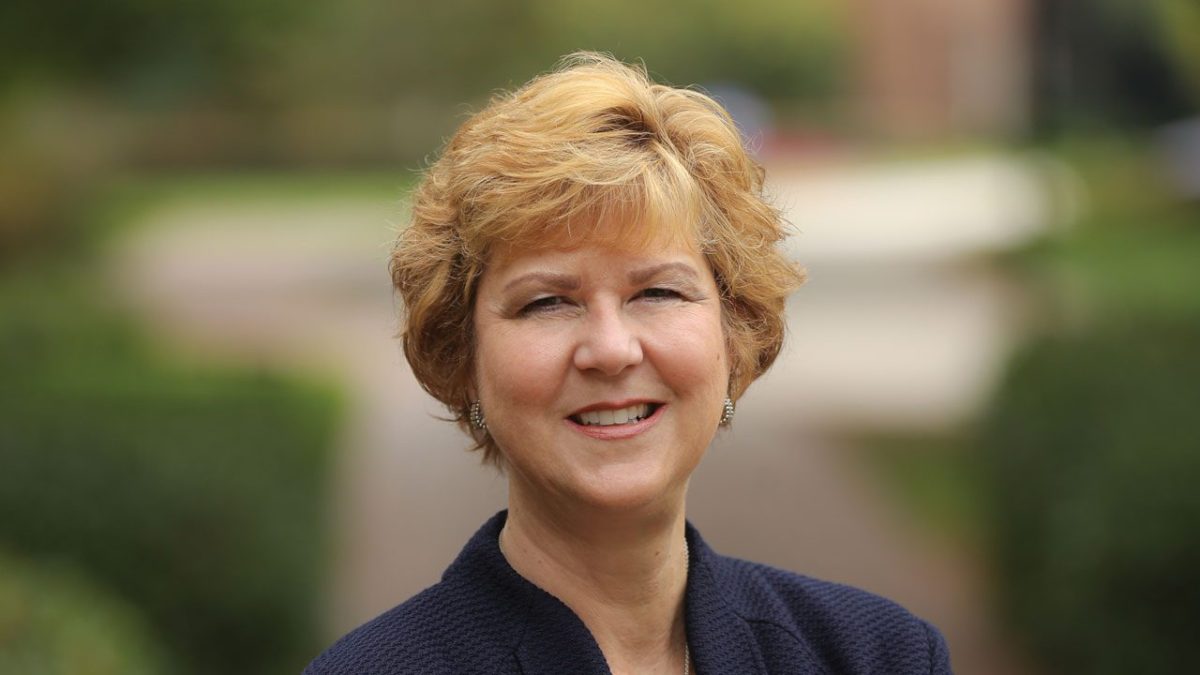By Amanda Richey
Assistant News Editor
 Last semester sustainability science professor Dr. Courtney Quinn gave students in her Human Systems class a unique option for their final assessment. Students could either submit a term paper that worked toward long-term research or potential internships or they could initiate and carry out a completely original project that would be equivalent to writing a paper.
Last semester sustainability science professor Dr. Courtney Quinn gave students in her Human Systems class a unique option for their final assessment. Students could either submit a term paper that worked toward long-term research or potential internships or they could initiate and carry out a completely original project that would be equivalent to writing a paper.
This class was the first time that Dr. Quinn gave students an option to initiate projects as part of their final assessment. Sustainability courses strive to foster a solution-based approach to solving complex problems. However, students rarely have the time to work towards practical solutions in the traditional Furman academic setting.
“A lot of the students in that class expressed the desire to do something about what we were learning,” Quinn said. “It just made sense to give them the space and the time to allow them to do that.”
Three students decided to complete a project: Junior Ben Riddle and sophomores Tim Sharp and Elisabeth Schatke mapped over 60 service providers—ranging from food and healthcare to affordable housing and job locators—in downtown Greenville to give local homeless people a “toolkit” to empower themselves.
Once the students agreed to devote their time to a community project they met with Dr. Quinn to establish boundaries and determine how labor would be divided. The group met with Dr. Quinn outside of class time and set up a Google spreadsheet to log hours spent working on the project.
After the boundaries were established, it was time to do the work.
Riddle introduced the idea for the services map while Sharp and Schatke were the primary data collectors. Starting in late Octobe,r the pair spoke on a weekly basis with homeless individuals and local service providers about what they would ideally like to see in a final product. A fourth student, senior Emma Poppante, used the data that Sharp and Schatke collected to create a map using GIS software.
“It is a totally different experience when you interact with a problem face-to-face rather than discussing it in a classroom with other people who also have no comprehension of what it’s like to be in one of those situations,” Schatke said. “It was not just a class project. Obviously, it was still for a grade, but there was something exciting about realizing that it’s bigger than that, that there was something that we were really doing.”
All of the students noted how much of an impact the project had not only on their understanding of the course material from Dr. Quinn’s class but also on their Furman educational experience overall.
“I would much rather hand someone the map that I made rather than a paper that I wrote…All of the papers I write are just going to end up as a word document that I save on my computer. It never gets farther than that, but actually creating something that, hopefully, hundreds of people will see makes me feel like I’ve done something with my time at Furman,” Sharp said.
Riddle even noted that he experienced “engaged learning” through the project.
“I felt like all my learning mattered. And for the first time I felt like I could really integrate all of my classes into an effort that actually had an impact on the world… That made coming to school and going to class not a separate part of my life but an integral part of my life,” Riddle said.
Although the services map is still a work in progress, a finalized version will appear in Bellows Magazine, a local street magazine designed to be sold by homeless entrepreneurs as a form of supplemental income. The services map and the first issue of the magazine will be published later in the spring.
Dr. Quinn says she would have been happy with the work her students put in regardless of a final product.
“Even if it was not successful in terms of the output, that is a part of learning. Learning to interact with the community. If Tim and Elisabeth and Ben had been unhappy about the outcome, as long as they had learned something, if they had learned to talk to people, or how to navigate the politics involved in creating something new or how to deal with governmental entities, I still would have considered it a learning success,” Quinn said.



























